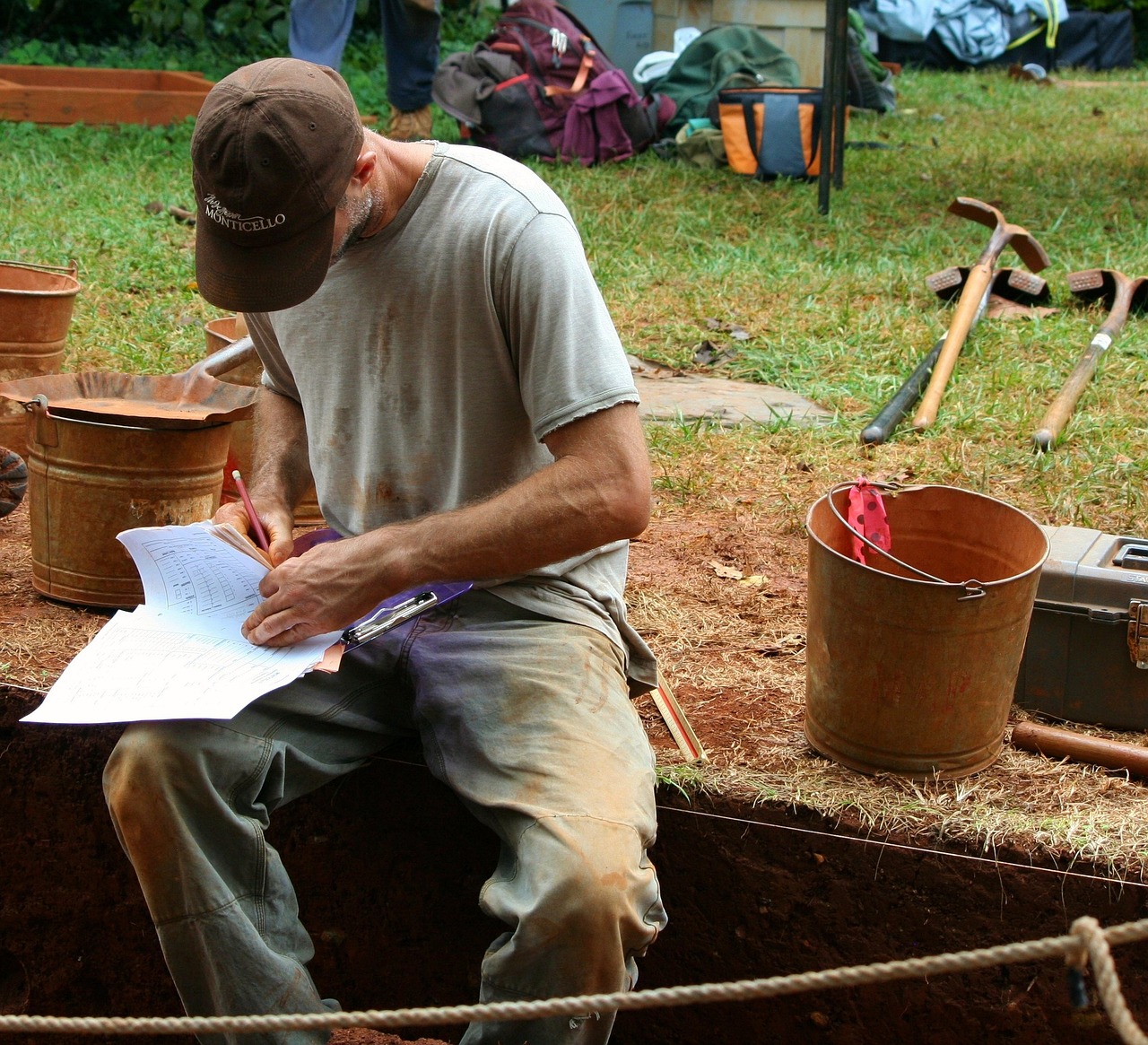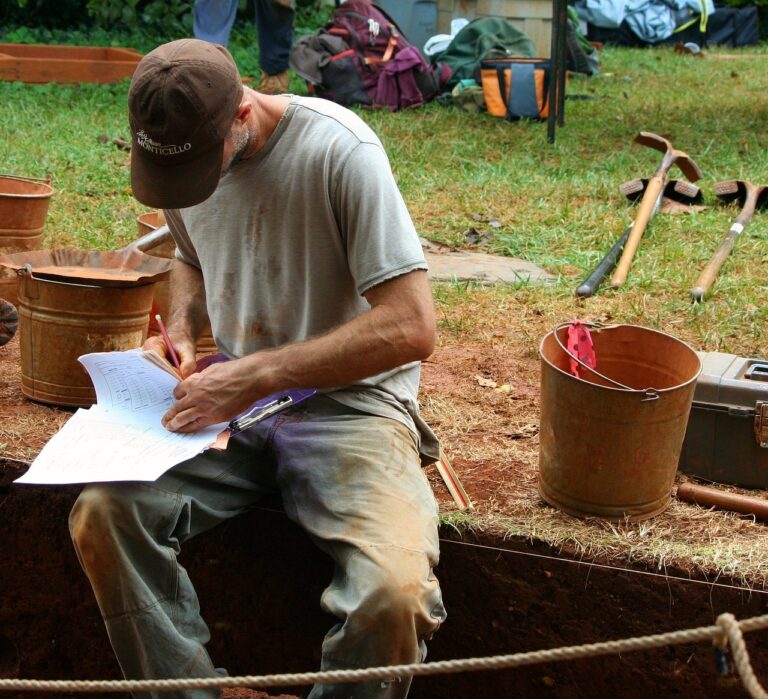Early-career archaeologists are pessimistic about future careers
Many early-career researchers in the academic field of archaeology experience stress due to precarious employment situation / Results of extensive international survey supervised by Mainz University

A high proportion of early-career researchers in the field of archaeology are concerned about the lack of career development opportunities available and believe their chances of finding long-term employment in their chosen discipline are low. This is one of the findings of an international survey recently published in the European Journal of Archaeology. The survey was coordinated by Dr. Maxime Brami, a researcher at Johannes Gutenberg University Mainz (JGU), and involved 419 early-career archaeologists.
“Only about 21 percent of the participants believe it is likely that they will find a permanent position in archaeology,”
said Brami. 45 percent of those surveyed said that unlimited contracts in the field are extremely rare. Furthermore, 84 percent claimed to have suffered from stress due to a lack of career prospects, while 61 percent cited competition for jobs in the field as a stress factor. However, despite these rather negative aspects, many early-career archaeologists remain passionate about their discipline and 71 percent of those surveyed expressed a desire to continue working in academia.
According to Brami, the idea for the survey was prompted by a growing number of the approximately 1,500 members of the European Association of Archaeologists (EAA), in particular the early-career academics among them, who in recent years have been expressing concern about their professional situation. Brami and his colleagues from the Early Career Archaeologists (ECA), a community within the EAA, subsequently designed the survey and launched it in 2021. The survey consisted of 37 questions and was advertised via the ECA and EAA websites as well as on social media. Of the participants, 86 percent were based in Europe, 20 percent of these were from Germany; 46 percent had completed a doctorate, while 43 percent held a Master’s degree or a similar qualification. In addition to worries about the job climate, bullying was also cited as an important topic, with 47 percent of the participants reporting being bullied in the workplace, in most cases by their superiors. The working environment in archaeology was repeatedly described as ‘toxic’ and ‘very competitive’. About 62 percent of women reported experiencing gender-based discrimination during their careers, as opposed to about 12 percent of men.
“In the past two decades, there has been a steep rise in both the number of doctoral graduates and short-term employment contracts at universities, while the number of permanent faculty positions has stagnated. This has led to oversaturation in the academic job market and precarious employment conditions,” said Brami, commenting on the possible reasons for the difficult situation. He suggests that the outlook for early-career archaeologists may be improved if, among other things, the transition from graduate to a permanent member of academic staff was structured more clearly. In addition, early-career academics needed to be better informed about the support available to them, for example from labor unions, and about means of combating bullying. “In principle, early-career researchers should have the same ordered working conditions as permanent employees, with regular progress reports and opportunities for further development, so that they can improve their career prospects.”
Publication
M. Brami et al., A Precarious Future: Reflections from a Survey of Early Career Researchers in Archaeology, European Journal of Archaeology, 3 November 2022,
DOI: 10.1017/eaa.2022.41
Press release from Johannes Gutenberg University Mainz.


